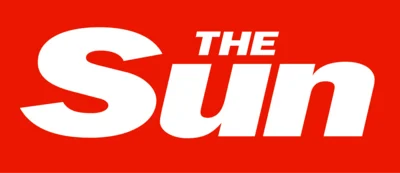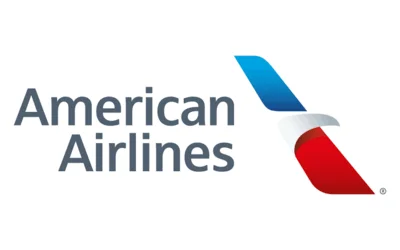Max Kingsley-Jones, head of advisory at Cirium Ascend Consultancy, commented on LinkedIn: “But did anyone back then expect it could become number one – and on such high production volumes? I certainly didn’t, and nor probably did Airbus Industrie…”
Combined, the Airbus A320 and Boeing 737 account for nearly half of all passenger commercial narrowbody jets currently operating. When Airbus introduced the A320 in 1988—delivering its first unit to Air France—the company was far behind Boeing’s established presence. However, a key development helped shift market dynamics: Airbus became the first manufacturer to offer new-generation engines on its narrowbody jet with the fuel-efficient “neo” variant. This innovation proved popular among airlines seeking operational cost savings and improved performance.
Boeing responded with its own upgrade—the 737 MAX series—which included larger engines mounted further forward on an older airframe design. The changes led to aerodynamic challenges that prompted installation of the Maneuvering Characteristics Augmentation System (MCAS). Flaws in MCAS contributed to two fatal crashes that resulted in a worldwide grounding of all Boeing 737 MAX aircraft and significant regulatory scrutiny.
After comprehensive updates—including software changes and additional pilot training requirements—the U.S. Federal Aviation Administration recertified the aircraft for flight by late 2020. Other countries followed suit over time; China resumed commercial operations with the model in early 2023.
From its launch, Airbus incorporated several features into the A320 program aimed at setting it apart from competitors. The aircraft adopted digital fly-by-wire controls instead of heavier hydraulic systems and used a side-stick controller rather than a traditional central yoke—changes that improved cockpit ergonomics and instrument visibility while reducing weight.
The A320 also featured taller landing gear compared to rivals like the Boeing 737, enabling use of larger engines and simplifying maintenance access at airports with diverse runway conditions.
Airlines operating early versions of the A320 were given flexibility when selecting between CFM International or International Aero Engines (IAE) powerplants—a choice later expanded on neo variants with options for either CFM International LEAP-1A or Pratt & Whitney PW1100G engines. This allowed operators greater control over factors like fuel efficiency and maintenance costs across different markets.
Airbus was founded on December 18, 1970. Its headquarters are located in Toulouse, France; Guillaume Faury serves as CEO; other notable product lines include models such as the A220, A330, A340, A350, and A380.
 Alerts Sign-up
Alerts Sign-up




































